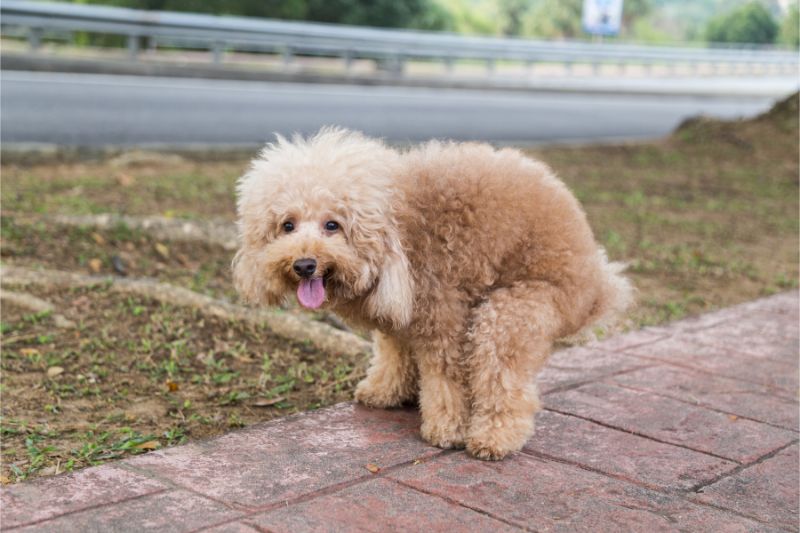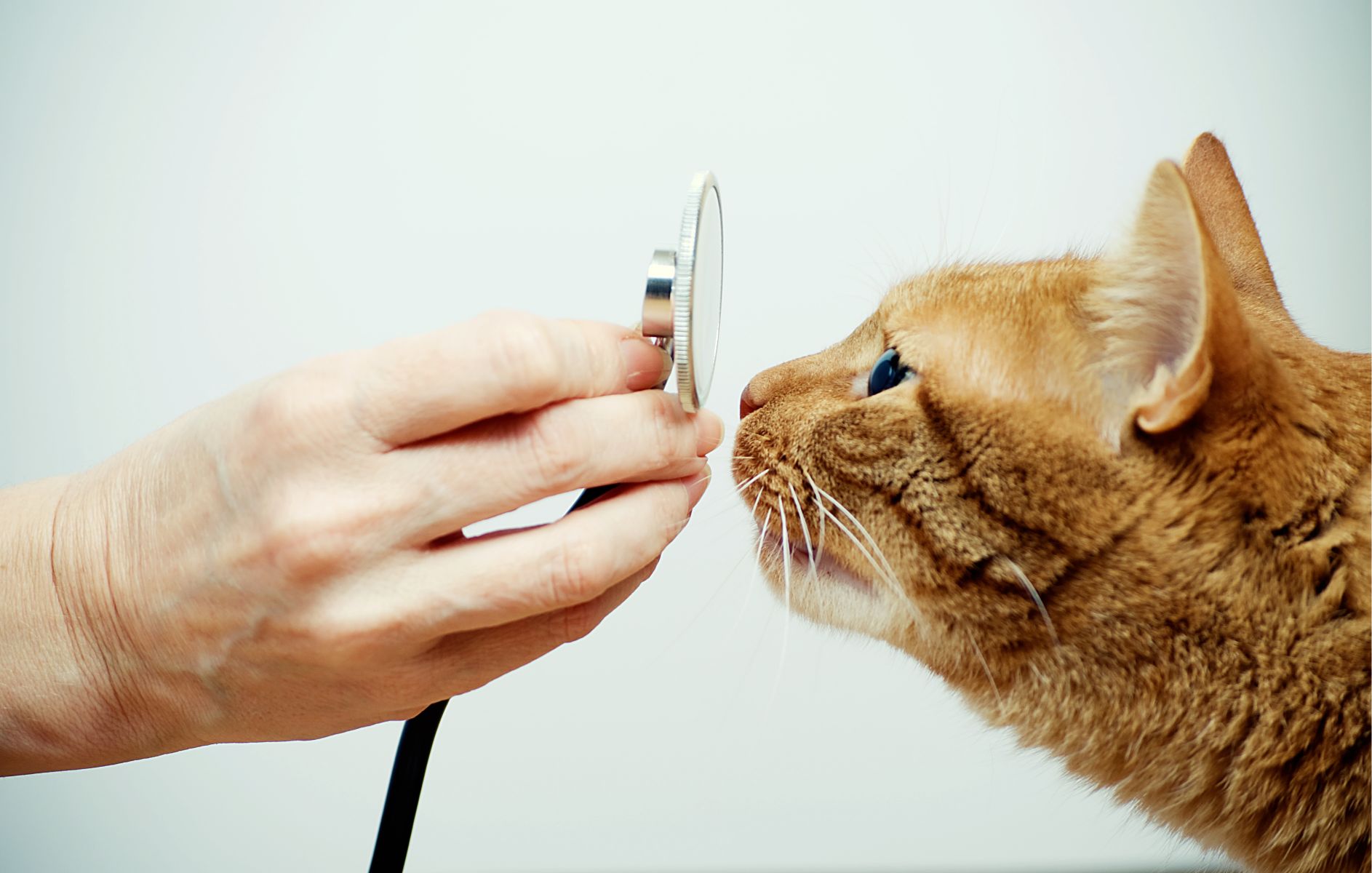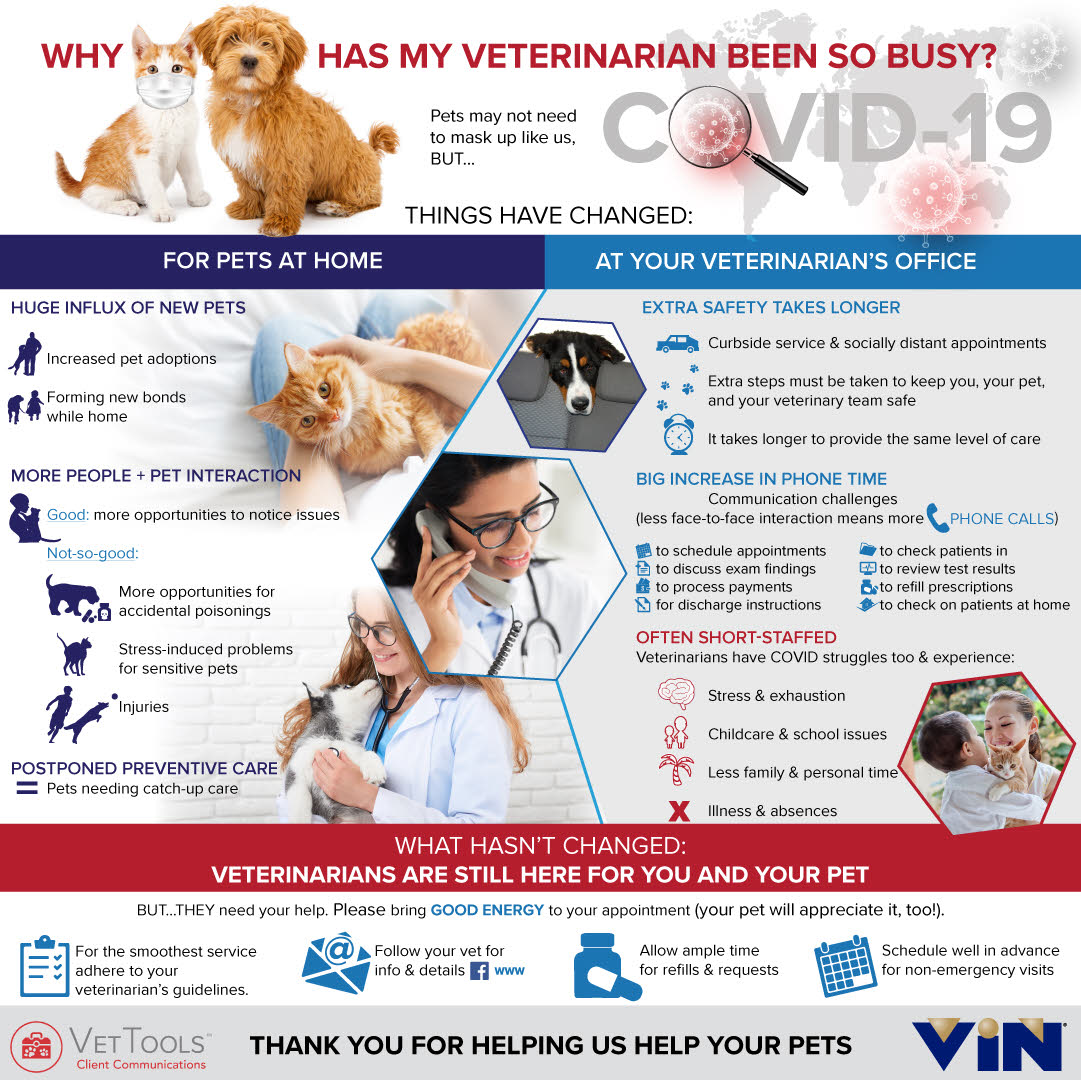Our Blog
Being a Veterinarian Owner during a global pandemic.
I feel it is human nature when faced with a new experience and vast challenges to want to make sense of the situation. To give meaning to our reality and to get my thoughts out on paper helps to bring them into a clearer light. I am a relatively new business owner with 3 ½ years under my belt and this last year without a doubt has been the biggest challenge I have ever faced. My callus and personal growth have come hourly, and the ability to handle overnight massive changes has created muscles I never knew I could build.
Nearly overnight I went from a typical predictable workflow and life to have the following abruptly change: 1) my children were no longer in school and had no care during the workday 2) my family was at risk of becoming sick from normal daily activities which included my higher risk parents who live several blocks from us and are a huge part of our support team 3) my work put me working with people in closed spaces every day in what was deemed an essential capacity but also a high risk setting 4) my work team needed to have consistent safety and planning to help provide them with a safe workspace but also understanding and constant shifting for their ever-changing issues (illness, family responsibilities, and more). Let’s not overlook there was ongoing political and social unrest. Our early days of demanding challenges turned into weeks and those weeks turned into months.
My Covid 19 clinic safety file continued to grow as I spent endless days seeing patients curbside. The demand for our medical and surgical services never stopped. While others were safely working remotely, we continued to see more and more pets, working more and more hours. People being home with their pets just increased their need to be seen, and also their desire for new pets. The number of new pets is like nothing I have ever seen in my 18 years of being a veterinarian. Take a moment and just reflect on how many people you know who have gotten a new pet in the last year? The number is astounding and they all need to be seen by a veterinarian!
Meanwhile, making hard decisions on a staffing and on personal basis never stopped. Examples include, a staff member isn’t feeling good do they get tested? Where and how do they get tested? Do they get paid while the wait for the test? The test takes 4 days (we never knew because it really varied from test to test the timeline) to get back and you are under staffed they have no symptoms what do you do? Your children meanwhile have five new learning platforms that aren’t working today, and nobody to help get them on-line much less and adult who isn’t working to coordinate it what do you do? Just writing about it gives me anxiety because it is so continual and challenging, and no real end that we are aware of. Not handling it all just isn’t an option. I have my business, my clients and patients and then my family that all need to be cared for, comforted and protected during a time that has had no clear instruction manual.
Why do I share this? You have all endured these challenges and most likely more. I don’t share it to make it seem like our issues are greater than yours or to gain sympathy. I share it to give insight into Why you might be on hold longer than previous years (it takes about 4 phone calls to do 1 curbside appointment), why you might not get the appointment as quickly as you were hoping, and why we might sound a litter more tired and impatient on the phone. WE CARE ABOUT OUR CLIENTS AND THEIR PETS. This is absolute, it is the reason I have worked my entire life in this industry. My clinic is a lifetime dream come to reality for me, and my profession is a deeply personal calling. We have done our absolute best this year and will strive to continue to do that no matter the challenges that come our way. We know that you are tired, and frustrated and have carried the burdens of life just like we have. We know curbside appointments are not your favorite way of being served, and that you are worried about your animals when you are not with them and your brand-new pet means the world to you. Together we can keep doing this and I have faith that with our four-legged friends beside us we will get to the other side of this challenge with understanding and patience.
Senior Animal Potty Problems
By Dr. Beth Scheenstra, DVM

When a senior pet is having bathroom problems, it’s best to get a solid diagnosis from your pet’s veterinarian, which can be complicated. Then you have to learn how to live with the results.
Some things to think about before your veterinary appointments are: does your pet know what they are doing? Or is this true incontinence. Is the pet physically healthy but just poops in the house because they have cognitive symptoms?
Other symptoms that are critical with a senior pet that should be investigated and you should take seriously are: weight loss, lack of appetite, diarrhea or abnormal stool, water intake, muscle wasting and/or neurologic impairment, and mental state changes.
Continue…Petey
By Dr Beth Scheenstra, DVM

I was finishing up a long weekend on call. I was in my first 6 months of being a veterinarian which meant every day was like a year of worrying, questioning and working hard. It was January in western Washington, picture dark gray and continued period of darkness with mist. He was my first appointment of the day, though I had just worked all night so time seemed to not exist.
He was the one of the ugliest patient I had ever seen. He was hypothermic, unable to raise his head up and about half the weight he should be. They told me to put him down. They couldn’t afford any care for him, he was probably about two years old and has had horrible diarrhea for the last week. I could tell that he had probably spent at least the last day laying in his diarrhea.
Continue…Are You a Xylitol-Free Home?
By Dr Beth Scheenstra, DVM

With as many questions as I receive about chocolate, I am shocked I don’t get more questions about Xylitol. I just recently made our home Xylitol free. After treating a small patient who had consumed simply a few pieces of sugar free gum, I felt the risk is too great to have the product in our house.
This sugar substitute is more common than you realize, and is in countless products. Xylitol causes unpredictable extreme hypoglycemia in a pets, and in large doses hepatic (liver) necrosis and death. As little as piece of gum can be very toxic and even deadly to a 10 lb dog.
If your pet consumes any amount of Xylitol it is best to contact a veterinarian right away.
Why Be a Veterinarian?
By Dr. Beth Scheenstra, DVM

As a veterinarian, you typically do your a fair share of helping with local school projects. Either it’s letters from children or visits to classrooms or fair participation. Lots of children want to become veterinarians, so it seems only fair to explain why and how I became a veterinarian.
I am what people in the industry call a “lifer”. I knew what I wanted to be from the time I could think, maybe from the womb. Basically I knew all my life I was going to be a veterinarian. Some people might say it is a calling (a strong urge to follow a career often accompanied by a divine devotion). I only know that from a very small child I wanted to be with animals as much as possible. I had the typical childhood thoughts of being random things but, they never lasted more than a month. Animals are drawn to me, and I am drawn to them. I am most at peace when I am looking into an animals eyes.
What NOT to give your pet for Christmas
By Dr. Beth Scheenstra, DVM

1) Fancy strange treats.
Nothing will lead to a trip to the veterinarian faster than feeding your pet a bunch of fancy treats during the holidays. Imagine if you typically ate the same food(s) for weeks at a time, and then you were given a 8 course French dinner for several days in a row. Ingredients that your intestines have never seen in a big quantity, chances are it would taste great but later this meal probably would lead to you needing to use the restroom frequently. Sometimes this can lead to pancreatitis, and even hospitalization for your pet. Rawhides, and various chew treats can cause intestinal obstruction in those that don’t chew them properly and instead swallow them whole.
Continue…

